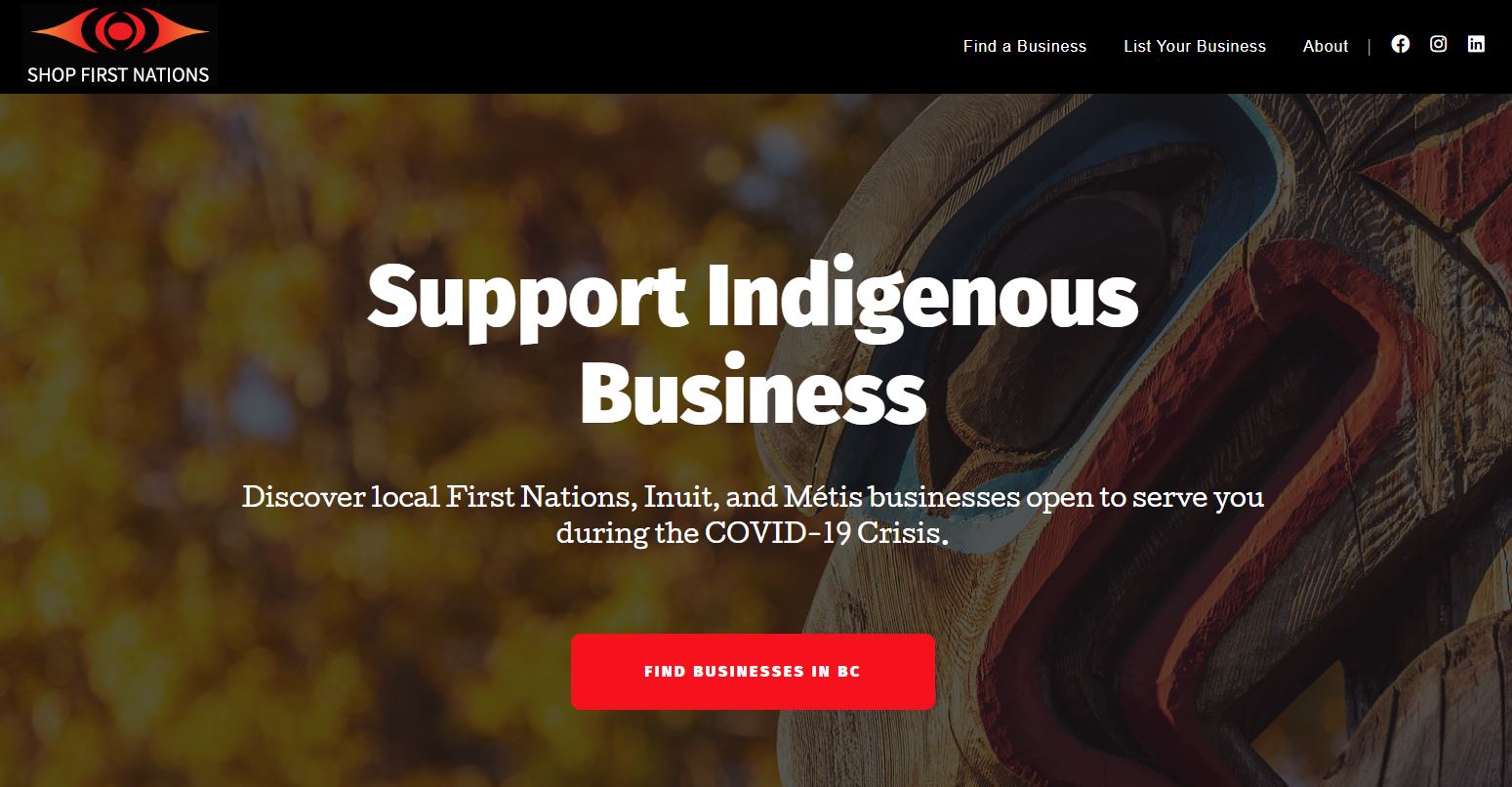We caught up with Computer Systems Technology (CST) alumnus Rob Schulz, who recently got inspired to help Indigenous-owned businesses during the pandemic.
Rob’s passion for technology saw him designing websites when he was just out of high school.
“As I evolved in the role from a graphic design perspective to coding, I became interested in formalizing my computer knowledge,” explains Rob. “Given BCIT’s superb reputation and the two-year diploma option, I thought it was the best path for me to follow my educational aspirations.” He went on to graduate with honours from the CST Client/Server Option in 2003.
After graduation, Rob spent 12 years with Save-On-Foods, starting as a programmer, then progressing to an enterprise architect. His projects ranged from merchandising to e-commerce, helping to align technology choices to business strategy. Most recently, he was with the QuadReal Property Group, where he helped guide and implement technology strategy.
For Rob, being an enterprise architect is the perfect combination of business strategy, technology, and innovation, and even occasionally coding: “As an architect, I enjoy working closely with stakeholders to understand their goals and vision. From there, we can work together strategizing how to best help their organization realize its goals through technology.”
Finding support for Indigenous businesses during the COVID-19 pandemic
With the pandemic impacting many small businesses, Rob, like so many Canadians, has been trying to support local businesses.
“I was inspired seeing various business improvement associations creating blogs, websites, or other apps that made it easier for consumers to find and support their members,” says Rob. “Having a mixed-Indigenous background (Chipewyan), my next thought was to search for similar online resources to find Indigenous businesses to support locally. Unfortunately, I couldn’t find any such resource.”
In pursuing his curiosity about the pandemic’s impact on Indigenous businesses, Rob discovered that almost all Indigenous businesses are small or medium in size, and they often lack ‘digital infrastructure’ (e.g., broadband internet, e-commerce capability). They also can struggle to secure the traditional financing available to other businesses. “It was even more critical to get the word out to support Indigenous business during COVID-19,” he concludes.
The result, after consultation with Indigenous friends and mentors, is the Shop First Nations website and Facebook group and page. Rob feels the tools will still be useful after the pandemic crisis subsides.
“’Business reconciliation’ is one of the calls to action in the Truth and Reconciliation report,” he explains. “As Indigenous Peoples are creating new businesses at nine times the Canadian average, consumers can show their support by purchasing goods and services from these Indigenous-owned companies.”
“It was even more critical to get the word out to support Indigenous business during COVID-19.” – Rob Schulz, founder of Shop First Nations
Scaling across Canada

“I would love for Shop First Nations to take off on a national scale, especially given my ancestral roots in the Northwest Territories and northern Alberta,” Rob says. “My hope is that it turns into a key platform that further enables Indigenous entrepreneurs in the digital economy.”
Beyond offering Indigenous business listings and content, if the demand arises, he feels there may be future work in helping these companies move online and into e-commerce. He envisions Shop First Nations as the trusted “landing spot” online to find and support your favourite Indigenous businesses.
Words of advice for future Computing students
“My BCIT Computing education helped me immensely with where I’m at today,” states Rob. “Although the technical training was key for computer systems, the most valuable skills that have served me over the years are adaptability and teamwork.”
While Rob felt CST was great preparation for the workplace, it was a challenging program. He advises others to embrace the challenge, and know they will come out stronger and more confident in their ability to respond to change and find solutions. He also emphasizes the value of working in teams and prioritizing your homework.
“The most valuable skills that have served me over the years are adaptability and teamwork” – Rob Schulz
His biggest single piece of advice? Manage your schedule to make the most of your time: “Ahead of your first semester, for example, this could mean taking some courses to lighten your initial workload.”
Finally, it’s not only about studying. Rob counsels, “Have fun, make friends – many of these connections will last a lifetime!”
